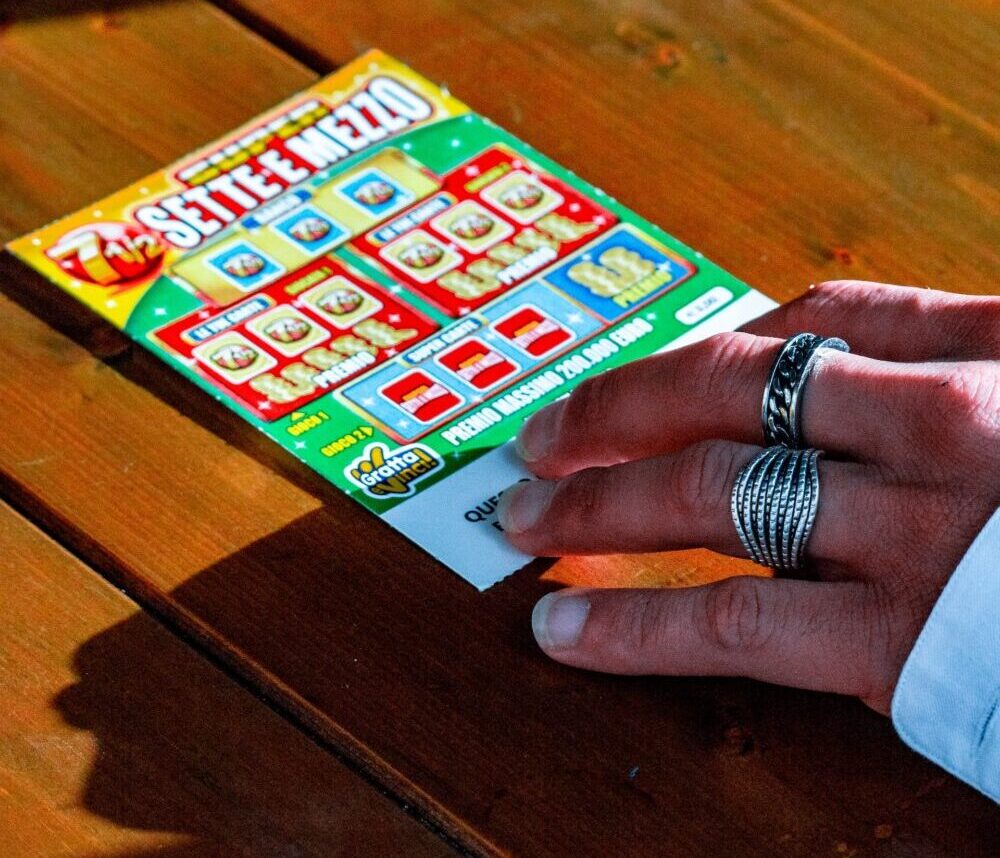This is a common scenario specifically for bartenders and servers as it is most common with them, but it can happen in a variety of situations. The idea is that a customer, usually some sort of regular at the establishment, is tipping an employee with scratch tickets or lottery tickets. The employee is not providing the customer with any free products or service, and the scratch tickets or lottery tickets are simply provided as tips to the employee from the customer.
Then one day, the employee ends up winning it big, and the customer finds out about it (sometimes the employee might even just directly tell them to say “thanks”). Is that customer now entitled to the winnings or even a small percentage of them? Let’s dive in as there have been several such cases that have actually gone to court.
What is a “tip”?
Well before we get too far down the rabbit hole of such an incident, let’s define what a tip or “tipping” really means. According to the webster dictionary, a tip has several meanings but the two that would apply to the scenario are:
“to give a gratuity to”
And
“a gift or a sum of money tendered for a service performed or anticipated”
I bought the ticket for them, it was mine!
That might be the argument of the customer and rightfully so. Afterall, they did indeed purchase the scratch or lottery ticket with their money and can often times even prove they did through receipts. In theory, this does make the customer the “owner” of the ticket.
However, the minute the customer “tips” the scratch or lottery ticket, the tables have turned. As summarized above here, the act of tipping is a gift tendered. This essentially means that the customer has voluntarily, without any verbal or written contract, transferred the ownership of the scratch or lottery ticket to the employee. As a result, the customer no longer has any claim or right to that scratch or lottery ticket.
So no, you don’t have to split the scratch or lottery ticket with anyone, and most certainly not the customer who tipped you with it from a legal standpoint.

Meds is an attorney currently residing on the East Coast, where he practices law. While his primary focus lies in criminal law, he also has experience in family and personal injury law. His legal background enables him to navigate a variety of legal challenges and provide comprehensive assistance to his clients.

